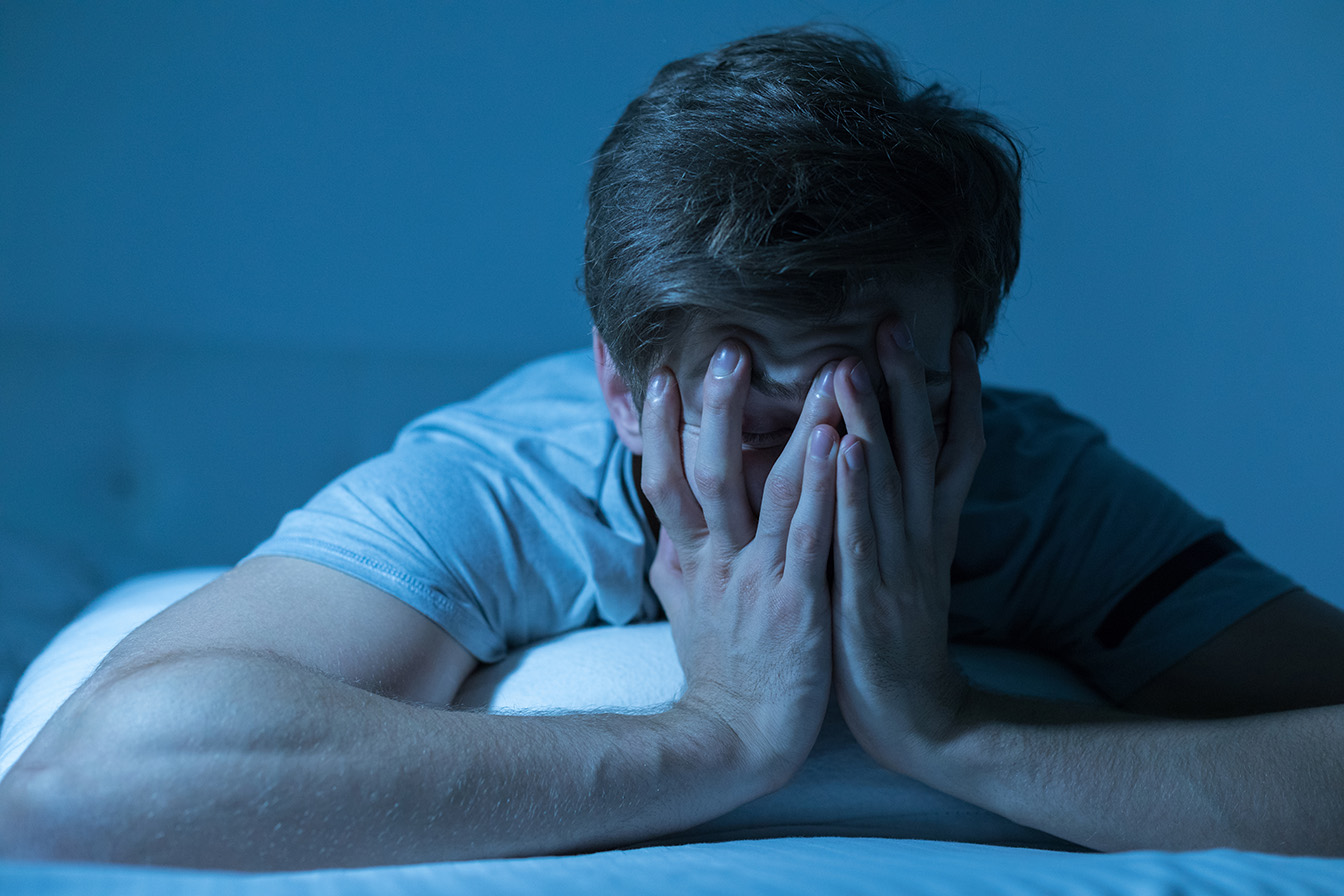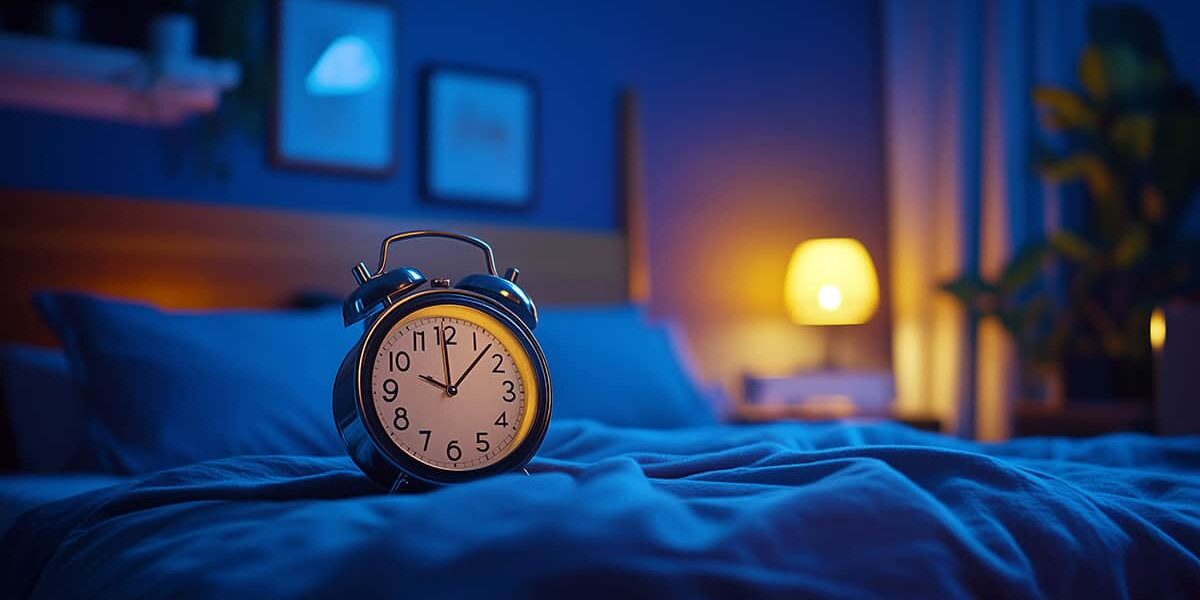Sleep is not simply rest. It’s a biological reset—impacting immune function, metabolism, emotional balance, and…

Research Reveals the Hidden Cost of Sleepless Nights on Mental Health: Here’s What Can Be Done
Anyone who’s woken up from a poor night’s sleep knows how missing your Zs can make you more testy and quicker to react negatively to situations you’d typically handle with ease. And there’s been no shortage of research emerging underscoring the link between mood and sleep. A recent American Psychological Association (APA) analysis encompassing 50 years of such research highlights how inadequate or disrupted sleep impacts mood and mental health.
Sleep loss due to complete deprivation, partial loss of sleep, and fragmentation (broken up sleep) all diminish positive mood and raise anxiety levels, according to the meta-analysis, which used data from over 5,000 individuals across 154 studies. The analysis revealed that even shorter periods of sleep loss impact emotional responses. In short, the data shows that getting a minimum of seven hours of quality sleep each night for adults is critical not only for general mental health but also for preventing obesity, hearth disease, dementia, and mood disorders.
Read the whole article by the original source through the link below:



